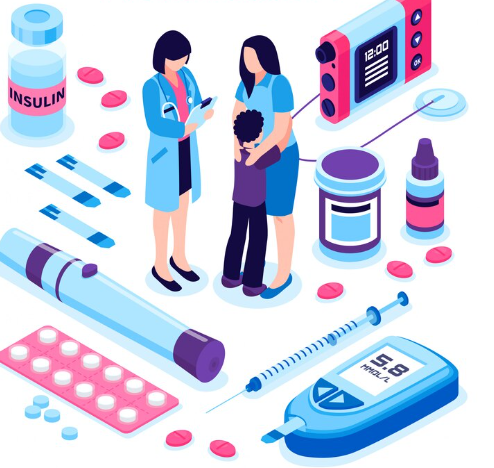
Understanding the Complications of Diabetic Ketoacidosis: Risks and Precautions
What is Non-Alcoholic Fatty Liver Disease (NAFLD)?
buy priligy online https://rxbio.com/css/css/priligy.html no prescription pharmacy
Non-Alcoholic Fatty Liver Disease (NAFLD) occurs when excess fat accumulates in the liver without alcohol being the cause.
While a small amount of fat is normal in the liver, when it exceeds 5-10% of the liver’s weight, it becomes NAFLD. This buildup can cause inflammation and scarring, impairing liver function.
Causes of NAFLD
Several factors contribute to the development of NAFLD. The most common causes include:
- Overweight or Obesity: Extra fat in the body, particularly in the abdomen, can increase fat accumulation in the liver.
- Insulin Resistance: When the body doesn’t respond well to insulin, as in type 2 diabetes, it can cause fat to build up in the liver.
- Unhealthy Diet: Diets rich in refined carbohydrates, sugars, and unhealthy fats can lead to weight gain and insulin resistance, which are linked to fatty liver.
- Lack of Physical Activity: A sedentary lifestyle can make it harder for the body to burn fat, leading to liver fat accumulation.
Risk Factors for NAFLD
Some people are more at risk for NAFLD due to certain factors, including:
- Type 2 diabetes
- Metabolic syndrome
- High blood pressure
- High cholesterol levels
- Polycystic Ovary Syndrome (PCOS)
- Sleep apnea
- Age: NAFLD is more common in middle-aged and older adults.
Preventing and Managing NAFLD
Although NAFLD can be serious, there are ways to reduce the risk and manage the condition:
- Maintain a Healthy Weight: Losing even a small amount of weight can help reduce liver fat and improve liver health.
- Exercise Regularly: Regular physical activity can help burn fat, improve insulin sensitivity, and reduce liver fat.
- Eat a Healthy Diet: A balanced diet with plenty of vegetables, whole grains, and healthy fats is crucial. Avoid excessive sugar and refined carbohydrates to prevent liver fat buildup.
- Control Blood Sugar and Cholesterol: Keeping blood sugar and cholesterol levels within healthy ranges is important for managing NAFLD.
Conclusion: Protect Your Liver
Non-Alcoholic Fatty Liver Disease is a common condition, but with the right lifestyle changes, it can be managed effectively. By maintaining a healthy weight, exercising regularly, and following a balanced diet, you can protect your liver and reduce the risk of complications.
To seek medical advice, always consult a Doctor. Here are our recommended experts.
To read more on Diabetic ketoacidosis. Click Here


